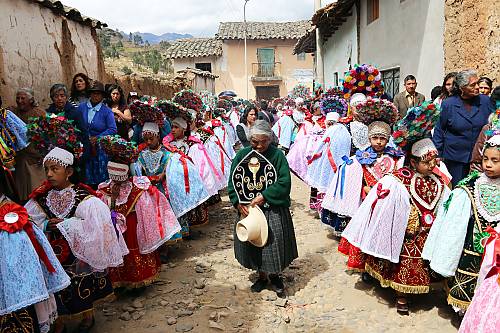Traditional knowledge is celebrated at the 2022 World Forum for Intangible Cultural Heritage
The 2022 edition of the ‘World Forum for Intangible Cultural Heritage’ is bringing together key researchers and institutions from several countries in the Asia-Pacific region. It is hosted by the National Intangible Heritage Center (NIHC) in Seoul, Republic of Korea, and the UNESCO Category 2 Centre ICHCAP. This event will be held online from Wednesday 21st to Friday 23rd September.
This year’s theme is titled “Traditional Knowledge, Thoughts and Practices Concerning Nature and Humanity”. The various knowledge and practices concerning nature and the universe are embodied by communities because of their long-standing interactions with their natural surroundings. These ways of thinking about the living world are expressed and transmitted through language and oral traditions, inherited from ancestors. They contribute to the health and wellbeing of the communities, and they often carry precious medicinal knowledge.
Many kinds of traditional knowledge will be tackled during the World Forum, including: ‘Kallawaya: A Secret Language for Medicinal Knowledge’, ‘Traditional Irrigation knowledge and Water Management’, ‘Indigenous Knowledge of Farming Practices’. Many inscribed elements on the Lists of the 2003 Convention serve as concrete examples to illustrate the links between traditional knowledge and sustainable development, such as:
- Andean cosmovision of the Kallawaya in Bolivia,
- Tais, traditional textile in Timor-Leste,
- Success story of promoting traditional foods and safeguarding traditional foodways in Kenya.
This event contributes to the recognition of such indigenous practices, by giving them visibility and honoring their diversity. This is essential, as indigenous communities and their unique knowledge and skills, are threatened by several factors such as urbanization, climate change and commercialization.
The Forum can be followed live on YouTube in English and Korean. The full programme is available here.
